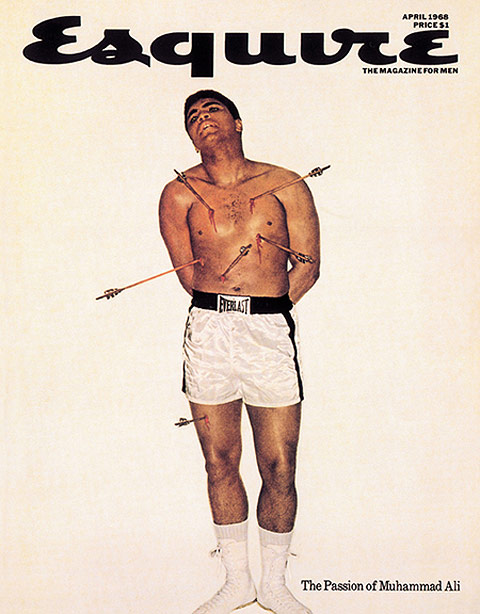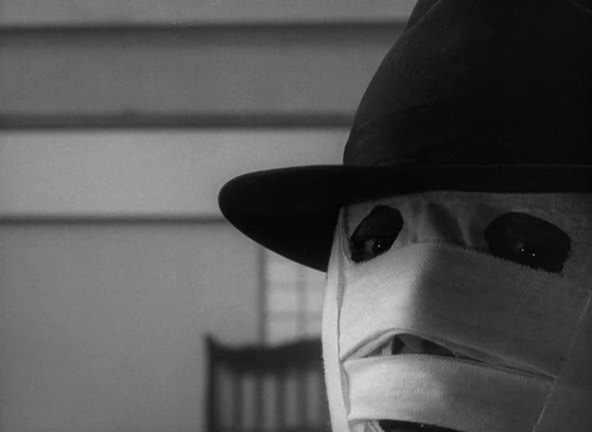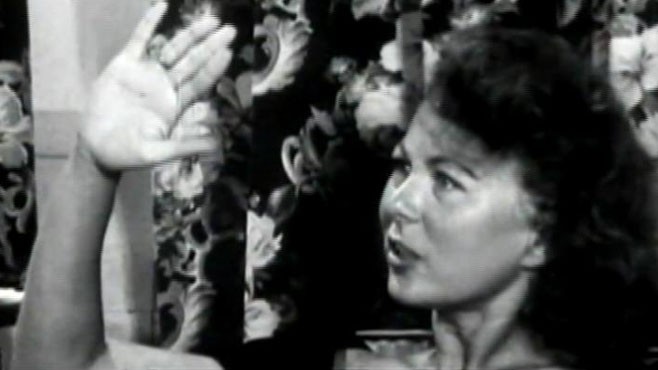In 1979, a year after the People’s Temple, the American cult that relocated to Guyana, was torn asunder by homicide and mass suicide, People reexamined the jaw-dropping descent of Rev. Jim Jones, a charismatic, paranoid man who could not hide his haunting eyes behind even the darkest glasses, and his disciples. From “The Legacy of Jonestown,” a passage about a couple who escaped the self-imposed slaughter:
With uncanny timing, Richard Clark launched his long-planned escape from Jonestown on the morning of the massacre. “I can’t say I’m psychic, but I can always feel danger,” says Clark, 43, now a presser for a San Francisco dry cleaner. Quietly he told his companion, Diane Louie, that ‘something definite is going to happen, and I want to be out of here when it does.’ Diane passed the word to seven others. Hacking through the jungle with a machete, the little group—including four children—found the path to the railroad. Then, by foot and train, they made their way to Matthew’s Ridge some 30 miles away. That was where they learned of the tragedy they had so narrowly escaped.
Before they came to Guyana, Clark and Louie had envisioned Jonestown as a tropical paradise. Their disillusionment began during the 24-hour boat trip from Georgetown to the Peoples Temple community in May 1978. Hot and overcrowded, the fishing boat was crawling with “huge roaches with eyes as big as mine,” Clark remembers. Adds Louie, 26: “It was the first time I had an idea of what a slave ship must have been like.” Both were chilled to hear Jones’ voice greeting them on the loudspeaker when they arrived. “It sounded like Boris Karloff welcoming us to his castle,” Clark recalls. “There was no longer the love.”
Even today Clark, who joined the Temple in San Francisco in 1972 and left his wife at the leader’s order, believes Jones had supernatural healing and mind-reading powers. But the grim reality of Jonestown shook his faith. “You could see people starving, hungry, sick,” he says. “But they couldn’t face the fact that Jones was doing it.” Soon after his arrival, Clark began to plan his departure. To shield himself from Jones’ propaganda, he took a job on the pig farm, out of earshot of the maniacal broadcasts—then volunteered to clear the jungle so he could hunt for escape routes. And he prepared himself mentally. “I began to program myself to hate Jones,’ he says, ‘because this was the only way that you could fight him.”
Still together, Clark and Louie are troubled by memories of lost friends. Clark also grieves for two stepchildren who refused to accompany him and died in Jonestown. Although the couple and other survivors entered group therapy back in the U.S., they soon gave it up. “The tape-recorded sessions reminded me of the Peoples Temple,’ Louie says. ‘I got more help and sympathy talking to my family and friends.” She is once again working as a surgical technician, but failed in an attempt to study nursing. ‘I couldn’t concentrate,” she says. Clark is bothered by high blood pressure and bad dreams. “I feel like I’m getting better,” he says. “But I don’t think anyone who’s been in a concentration camp will ever get over it.”•



























